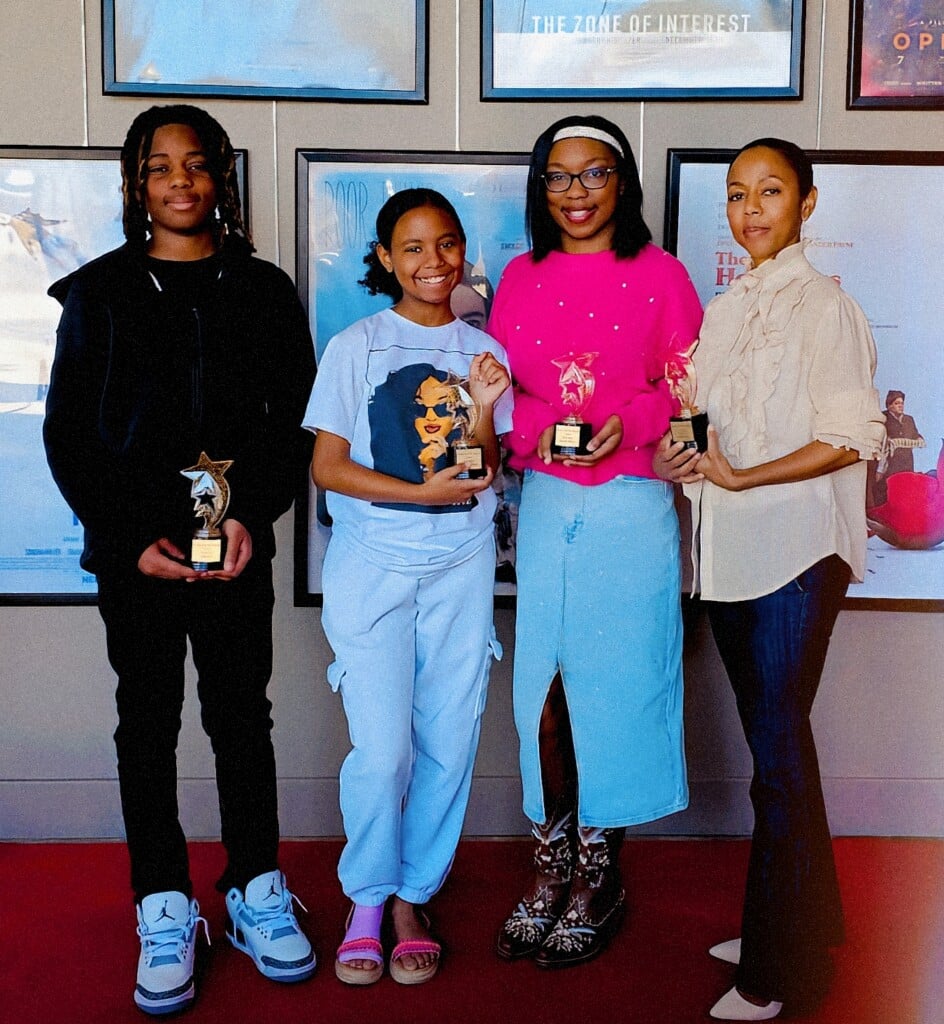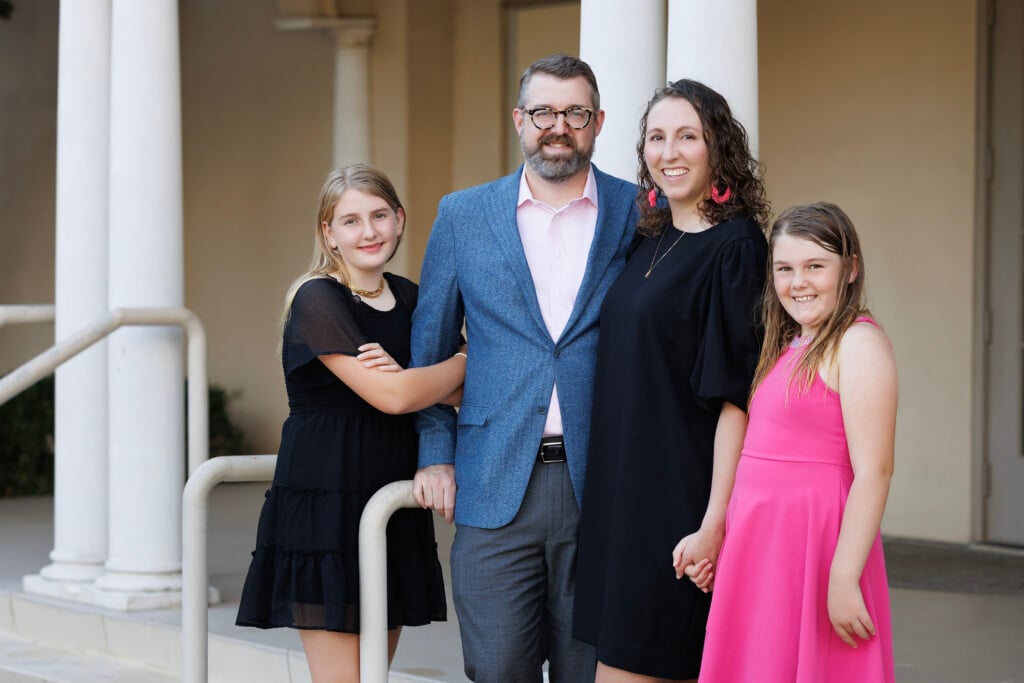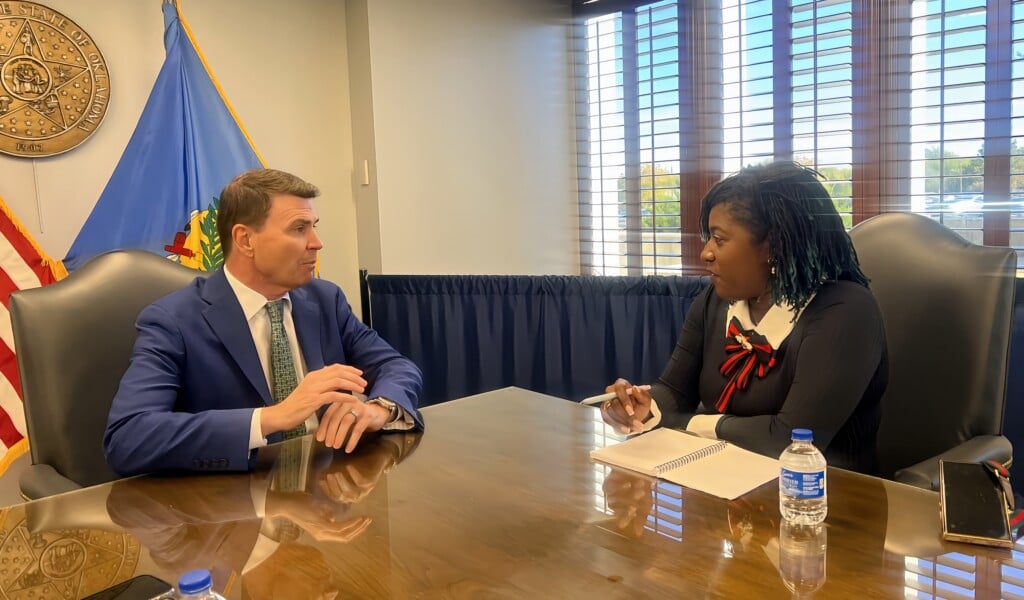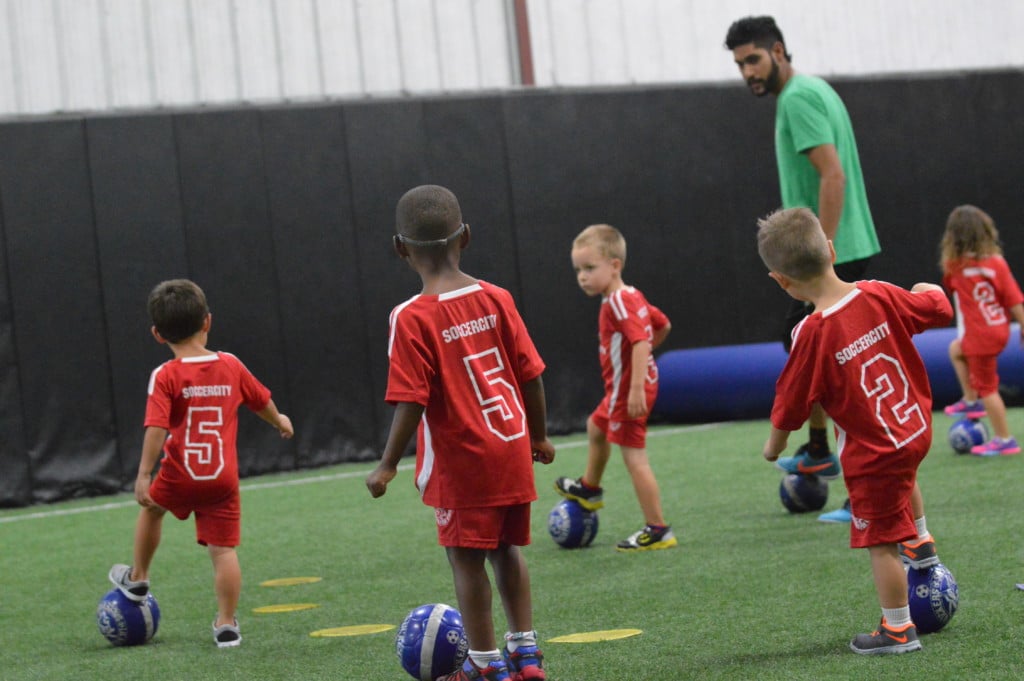The Power of Representation in Cartoons, Featuring “Ameka and Her Magical Crown”

In a world where diversity remains a pressing need, especially in children’s media, “Ameka and Her Magical Crown” is a story of inclusivity and empowerment. This animated series, with its protagonist Ameka discovering magical powers within her hair, not only entertains but also educates young viewers about the importance of representation, empathy and standing up for social justice. Having faced discrimination and bullying as a child due to my skin tone and my hair texture, I created the “Ameka and Her Magical Crown” cartoon series to help youth appreciate the differences in themselves and others.
The Importance of Representation in Cartoons
Statistics paint a stark reality: Only 17 percent of animated films feature women as lead or co-lead characters, and just three percent overall depict women of color in such roles. This lack of diversity not only limits the scope of storytelling but also deprives some children of seeing themselves reflected positively in media. Representation in cartoons is vital because it teaches children to be accepting, empathetic and confident in their own identities. When kids see positive characters who look like them, it validates their experiences and fosters a sense of belonging.
Lessons from “Ameka and Her Magical Crown”
In the pilot episode of the series, Ameka faces discrimination from her cheerleading coach, who deems her hair a distraction. However, Ameka’s friends rally around her, standing up against this injustice and teaching valuable lessons about acceptance and self-worth. At a recent screening and event at Circle Cinema, participants and viewers shared their feelings about the show.
Voices from the Viewers
Gabrielle Williams, who voiced Lily in the series, said the character resonated with her. She said shows like “Ameka and Her Magical Crown” help promote diversity and combat negative stereotypes.
“I see myself in Lily,” Gabrielle said. “I stand up for my friends and what’s right. I think the lesson is to just let people be themselves, no matter what their appearance is.”
Heather Williams, Gabrielle’s mother, echoes this sentiment, praising the series for empowering youth and promoting acceptance. She was proud of her daughter’s role in the film and appreciates the values that it reinforced.
Viewer Kashtyn Rice’s immediate empathy for Ameka’s plight, particularly regarding the coach’s unfair judgment of her hair, reflected Kashtyn’s understanding of the importance of embracing individuality. “Ameka’s hair makes her special,” Kashtyn said.
Ryan Grace, who voiced two characters in the series, appreciated its relatability to all ages, and its powerful message about standing up against discrimination. Ryan admired the solidarity Ameka’s friends display as they support her in overcoming adversity, and how this connects with audiences.
“You should never judge a book by its cover,” she says.
Ryan Grace’s mother, Detrice Lewis, said that young girls need positive role models in cartoons. “’Ameka and Her Magical Crown’ offers children a positive role model to emulate,” Detrice said, “guiding them towards empathy, acceptance and standing up for what is right. Storytelling can play an important role in shaping young minds.”
Sisters Evelynn and Madison Coachman, along with their mother, Meghan Scott, were moved by the series’ message of self-acceptance and the power of friendship. Evelynn’s revelation about learning to embrace herself just as she is without feeling the need to conform to societal standards epitomizes the empowering principles of the show.
“I’m beautiful just the way I am. It doesn’t matter what people say,” Evelynn said. “We’re still pretty.”
Meghan’s emotional response to her daughter’s revelation speaks volumes. Through tears of pride and gratitude, Meghan saw how “Ameka and Her Magical Crown” instilled self-confidence and empowerment in young viewers like her daughter Evelynn. Their heartfelt exchange illuminates the impact of diverse and inclusive storytelling in fostering self-acceptance and celebrating individuality.
The target audience for “Ameka and Her Magical Crown” is elementary to early middle school level, however the cartoon is great for families to watch together.
The next showing of “Ameka and Her Magical Crown” will take place at the Roxy Theater in Muskogee during the Bare Bones International Film and Music Festival, May 2-5, 2024.
 Dr. Tamecca Rogers is Director of Diversity, Equity and Inclusion at Tulsa Technology Center. She is a writer and mom to three boys who love adventures.
Dr. Tamecca Rogers is Director of Diversity, Equity and Inclusion at Tulsa Technology Center. She is a writer and mom to three boys who love adventures.





